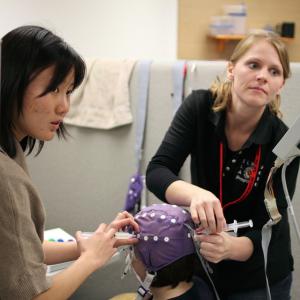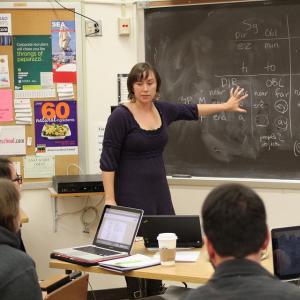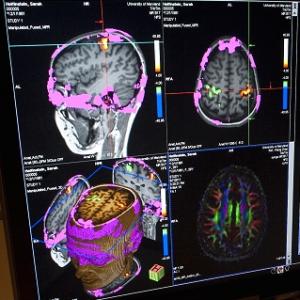LSLT: Masato Nakamura (LING)
Although we will continue to offer a Zoom option for LSLT for now, we strongly encourage you to attend in person! The talk is only part of the point of LSLT: it's a good opportunity to meet and chat with students and faculty in other departments. And we've now reinstated the classic LSLT sandwich line!
Zoom link: https://go.umd.edu/lslt-zoom (If there are no virtual attendees by 12:40, the Zoom room will be closed.)
The role of argument roles in lexical prediction
Abstract: People are generally very good at using different types of contextual information to predict upcoming lexical items. However, argument roles have been considered to be an exception. Researchers have repeatedly found that commonly used expectation measures such as the N400 component of event-related potentials or anticipatory looks in the visual world paradigm do not show contrasts in role-incompatible continuations (e.g. “… which waitress the customer had served”) compared to role-compatible ones (e.g. “… which customer the waitress had served”). They argued based on such findings that people do not use argument roles to generate expectations about upcoming lexical items. However, other measures of prediction, the cloze measures, show clear contrasts between role-compatible and role-incompatible continuations. We ran a series of experiments to investigate the cause of discrepancy and how argument roles impact expectations. Our studies show that argument roles do influence predictive activation, but the effect of argument roles is obscured in prediction measures that measure responses to anomalous stimuli.












